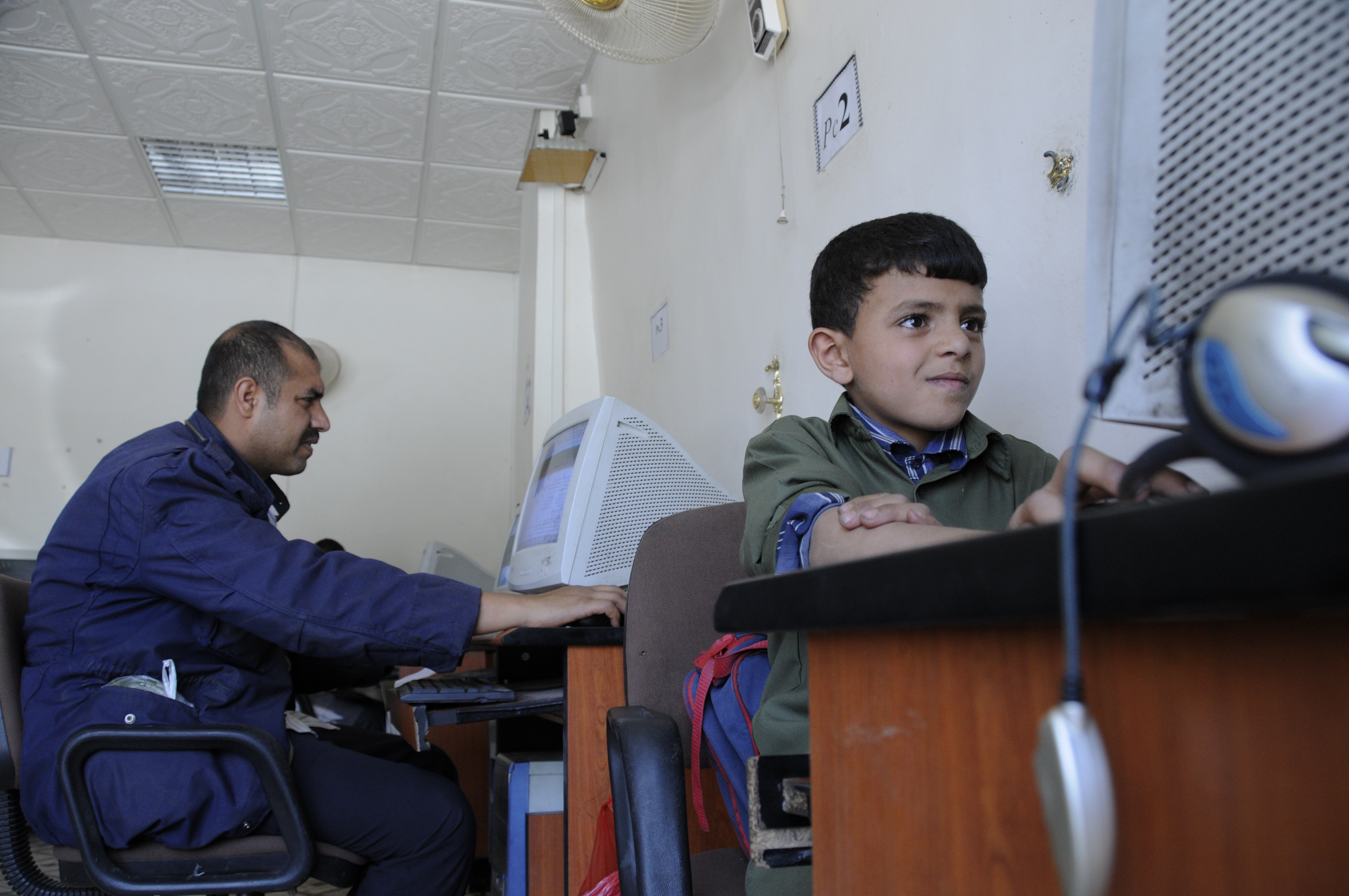A Citizen Lab report released Thursday revealed that 33 countries are likely using FinFisher, a prominent spyware program. Many of these countries—including Ethiopia, Bangladesh, and Egypt—have suspect human rights standards.
FinFisher enables an organization or government to capture the keystrokes of a computer, as well as use the device’s microphone and camera to surreptitiously eavesdrop on a target. This type of surveillance tool was once only used by advanced governments, but is now available to anyone willing to invest in the service. In the U.S., journalists and dissidents are especially targeted.
Hackings in the past two years have informed researchers about the mechanics of spyware companies. FinFisher was hacked last year, revealing confidential company logistics, and its competitor Hacking Team was hacked this past year, exposing vital emails and files. Errors in spyware servers help Citizen Lab researchers figure out which governments are using the services of companies like FinFisher or Hacking Team.
Spyware servers used by governments often infect and control target computers with malware disguised behind proxies. Researchers found that 135 servers matched the “technical fingerprint” of shady spyware after scanning the Internet, yet they were always directed to a decoy page after typing the server’s Internet address into a Web browser. The decoy pages were most often www.google.com or www.yahoo.com.
However, the decoy sites showed local search results of the server’s origin, and not of the location that the researchers were in when they used the site. One proxy server seemed to be from the United States, then returned an IP address from Indonesia, indicating that the country’s government may be using FinFisher’s services.
Article via The Washington Post, 16 October 2015
Photo: Patrons use computers in an internet cafe via World Bank Photo Collection [Creative Commons Attribution-NonCommercial-NoDerivs]

